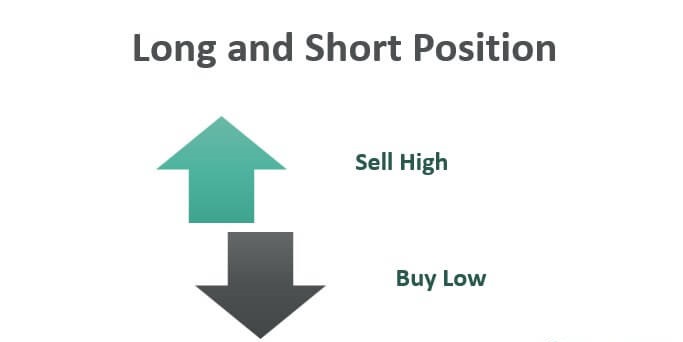What Is Long Position?
When used in trading, the term “long” refers to a position that profits if the market price of an asset increases.
Typically used in conjunction with the phrases “going long” or “taking a long position.”
Because you buy and sell currency pairs when trading in the forex market, “going long” implies that you are purchasing the base currency and selling the quote currency.
For instance, if you trade EUR/USD long, you are purchasing euros and selling US dollars.
Going long is the inverse of going short or shorting, which refers to taking a position that profits if the market price of an asset declines.
Taking a long position does not always imply the acquisition of an asset.
Without purchasing the underlying asset, derivatives enable traders to take a long position in a market.

























